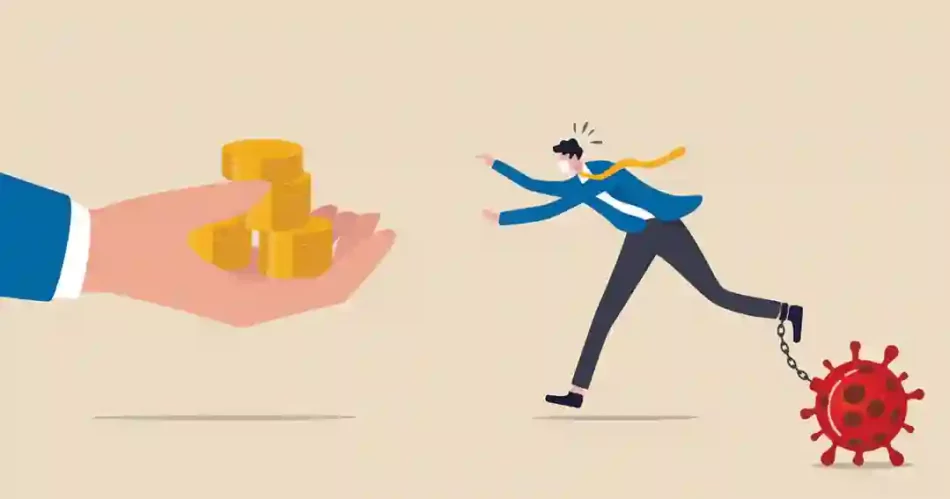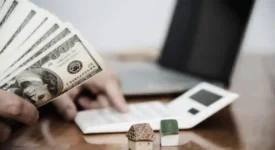A loan is delinquent when you miss your payment by at least one day. If you’re delinquent long enough, lenders may report your account to credit bureaus and possibly sell or charge off the debt.
This will negatively impact your credit score, though the amount depends on the loan type and your lender’s policies. It may also lead to wage garnishments, lawsuits and foreclosures.
Default
Default is the stage of loan delinquency that marks the point when a borrower stops making payments on a debt, regardless of whether the lender has been notified. Default will appear on a credit report after 30 days and can stay there for seven years. It can damage your credit and make it more difficult to borrow money in the future.
A 연체자대출 can turn into a default, but the process depends on the terms of your contract and the type of loan you have. Typically, a loan or credit account becomes delinquent after you miss a payment and will go into default once you miss several payments in a row.
Student loans, mortgages and credit card debt are some of the most common types of loans that can go delinquent and lead to default. Defaults can lead to wage garnishments, lawsuits and a much lower credit score.
It’s important to work with your lender if you are experiencing financial hardship and have trouble making loan payments. Many lenders are willing to work with borrowers to bring their accounts current. It’s also important to avoid defaulting on a loan because it can have long-term consequences on your ability to rent an apartment, buy a car or obtain other forms of credit. It can also affect your employment and can even impact your social security payments and tax refunds.
Collections
When a loan goes delinquent, it may go into collections. This is when the lender decides to sell or assign the debt to a collection agency to pursue payment. It can have a negative impact on the borrower’s credit score, and can lead to wage garnishments and lawsuits.
Even though a debt goes into collections, it’s still the responsibility of the borrower to make payments and pay the balance owed. If the debt isn’t paid in a timely manner, it will continue to hurt the borrower’s credit scores. In addition, once a debt is in collections, it can stay on the credit report for up to seven years.
The best way to avoid loan delinquencies is to stay on top of the payments and keep in touch with your lender. Generally, the day after a missed payment, a lender will give you a grace period — a short window of time to make up the missed amount and bring the account current before fees or penalties kick in. Missing several payments in a row can lead to delinquency and eventually default, which can have a significant effect on the credit score. Creditors are usually willing to work with borrowers to resolve the issue and get them back into good standing, but if that doesn’t work, the debt will most likely be sent or sold to a collections agency.
Penalties
Sometimes, a small-business loan goes delinquent because businesses don’t get paid on time by customers, lose large contracting jobs or experience theft and fraud. It also can happen when a company is struggling in an industry or economic cycle, says Sid Jajodia, vice president of small-business lending at LendingClub.
If a mortgage is more than 30 days late, lenders report it to the national credit bureaus. This notation harms a borrower’s credit rating, making it harder to secure new loans or get approved for credit cards.
A delinquent debt may also trigger higher interest rates on future payments. Borrowers can avoid these penalties by paying off their past-due debt and avoiding new delinquencies.
Defaulting on a loan, however, has a much more serious impact on a credit score and can make it harder and more expensive to obtain financing in the future. It is important to contact your lender as soon as you miss a payment or are close to missing one to see if you can work out a plan to stay current on your payments.
Credit Score
When a loan goes delinquent, it can damage your credit score and your lender may report the delinquency to the national credit bureaus. The exact impact of a missed payment depends on the type of account and the lender’s policies, but it can be significant.
Lenders typically consider a loan delinquent when it is more than 30 days past due, but this varies from lender to lender. Once a loan becomes more than 90 days past due, it’s considered in default. A default can hurt your credit score even more than a late payment.
A debt in collection or charged off also hurts your credit score, and can remain on your report for up to seven years. Having these accounts on your report can make it difficult to secure new loans and credit cards.
It’s important to understand that making a single minimum payment can prevent a delinquency from progressing further, but you should only do this if you are certain you can afford to pay what you owe on time. You should not increase your debt on other cards to cover a delinquent loan or you could risk going into delinquency on those accounts, as well. If you’re unable to pay what you owe, consider speaking with a certified credit counselor who can help you develop a plan to avoid default or collections.








